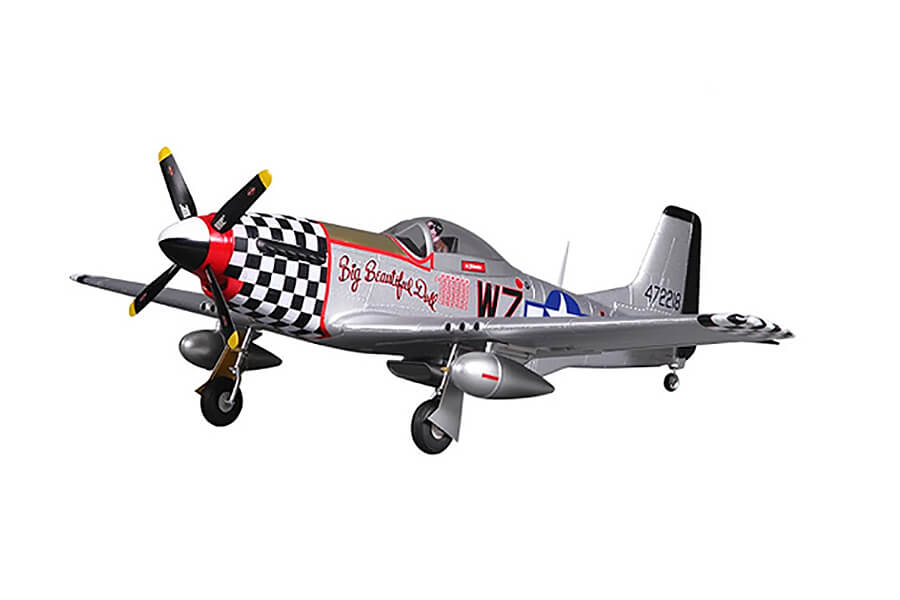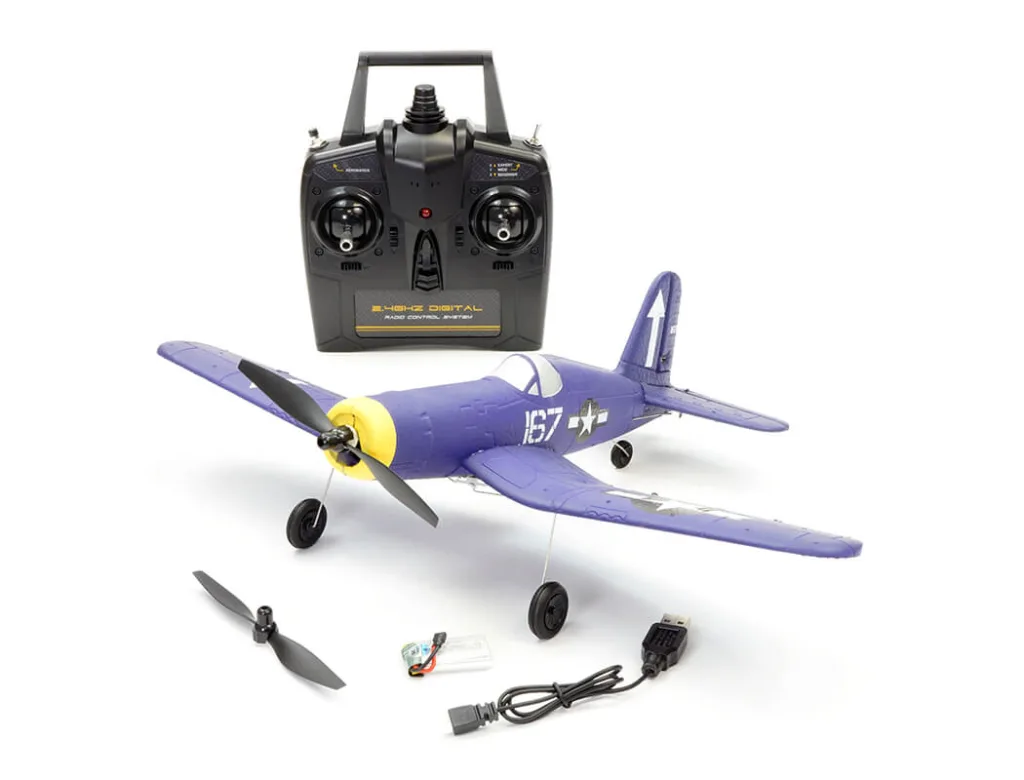A Beginner’s Guide to Choosing Your First RC Plane: What to Look For and Essential Equipment
Introduction:
Embarking on the thrilling journey of piloting your first RC (Remote Control) plane is an exhilarating adventure. However, selecting the right RC plane and essential equipment can be daunting for beginners. Fear not! This guide will walk you through the key considerations and equipment needed to kick-start your RC flying experience with confidence.
Determine Your Skill Level:
Before diving into the world of RC planes, assess your skill level honestly. Are you a complete novice or do you have some experience with RC vehicles? Understanding your proficiency level will help in selecting an RC plane tailored to your abilities.
Choose the Right Type of RC Plane:
RC planes come in various types, each designed for specific flying styles and skill levels. Here are some common types:
Trainer Planes: Ideal for beginners, trainer planes offer stable flight characteristics and forgiving handling.
Sport Planes: Suitable for intermediate pilots, sport planes are more agile and capable of performing aerobatic maneuvers.
Scale Planes: Mimic real-life aircraft, scale planes are popular among hobbyists who enjoy realistic flight experiences.
Consider factors such as wingspan, power source (electric, gas, or nitro), and construction materials (foam, balsa wood, or composite) when selecting the type of RC plane that best suits your preferences and skill level.
Check Flight Characteristics:
Look for RC planes with predictable flight characteristics, stable flight performance, and easy handling. Features like dihedral wings (upward angle), wing stabilizers, and self-leveling systems can enhance stability, making them more forgiving for beginners.
Assess Durability and Repairability:
Since crashes are inevitable, especially for beginners, prioritize RC planes with durable construction and easily replaceable parts. Foam-based planes are lightweight and resilient, making them ideal for novice pilots.
Invest in Quality Radio Transmitter and Receiver:
A reliable radio transmitter (Tx) and receiver (Rx) are crucial for seamless communication between you and your RC plane. Opt for a reputable brand with a user-friendly interface, long-range capabilities, and advanced features like dual rates and expo.
Essential RC Plane Accessories and Equipment:
Apart from the RC plane itself, here are some essential accessories and equipment you might need:
LiPo Batteries and Charger: Invest in high-quality LiPo batteries and a compatible charger for prolonged flight sessions.
Propeller and Spare Parts: Keep spare propellers and essential spare parts like landing gear, servos, and control horns handy for quick repairs.
Field Equipment: Equip yourself with a sturdy field box, tools, fuel (if applicable), and a portable air compressor for tire inflation.
Conclusion:
Choosing your first RC plane is an exciting endeavor that requires careful consideration of your skill level, flying preferences, and essential equipment. By following the tips outlined in this guide, you can confidently select the perfect RC plane and gear up for countless thrilling flights ahead. Remember, practice patience, embrace learning, and enjoy the exhilarating experience of piloting your first RC plane!
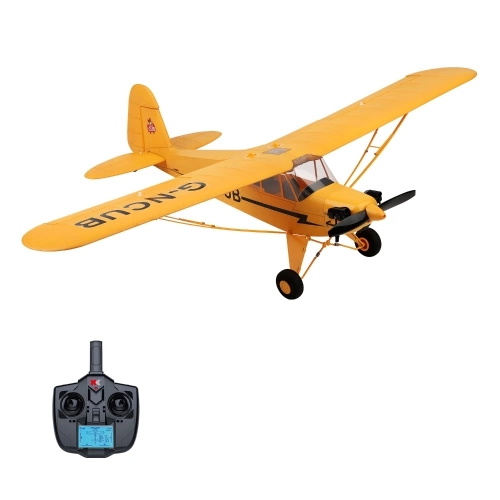
Out of Stock
£89.99 Original price was: £89.99.£69.99Current price is: £69.99.
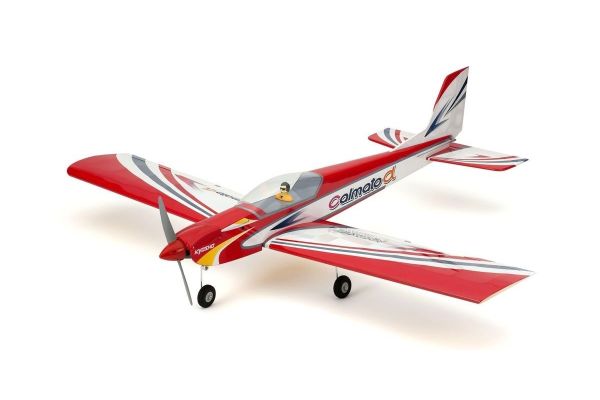
Just a few left
£233.90
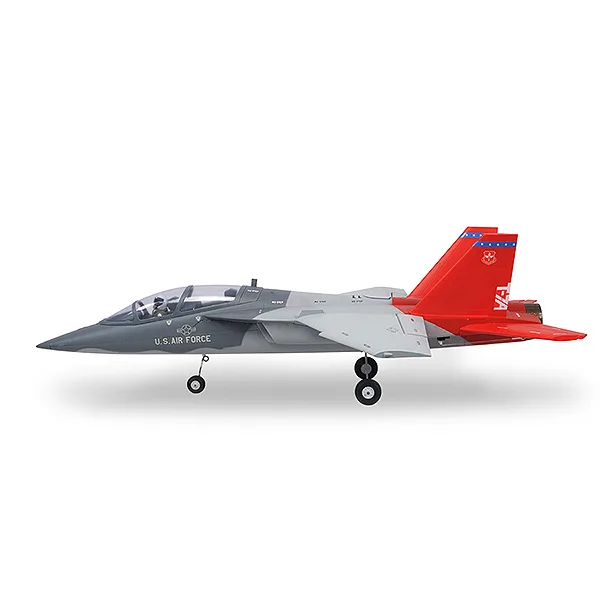
Just a few left
£164.79
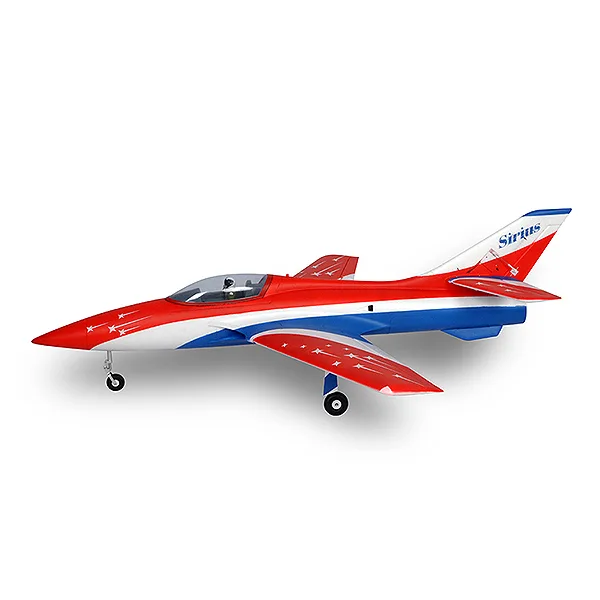
Just a few left
£449.99
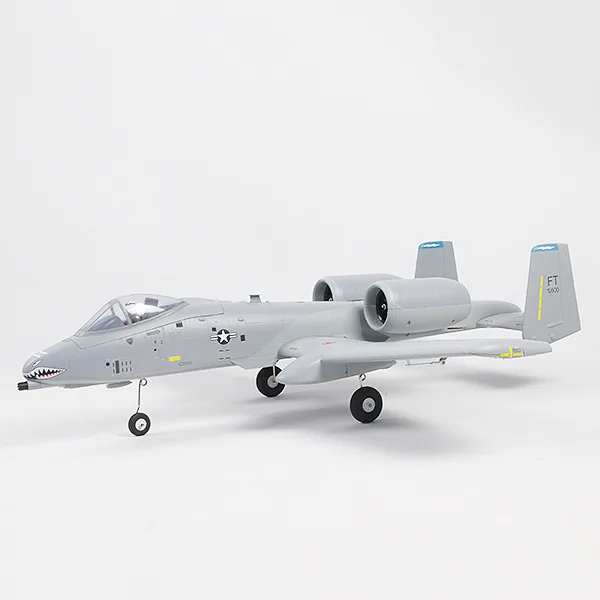
Just a few left
£219.99
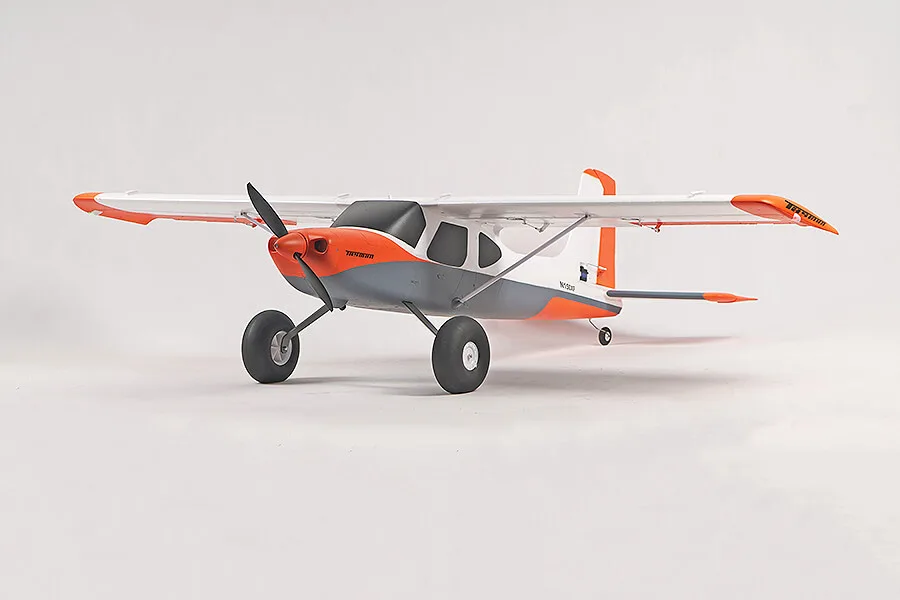
Just a few left
£234.99
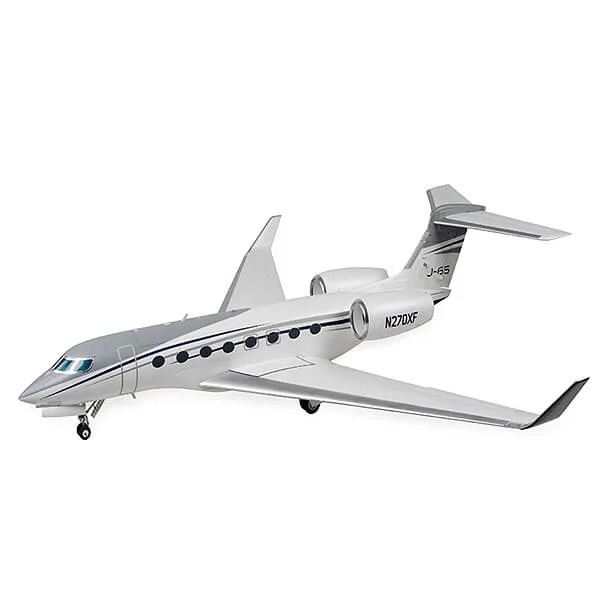
Just a few left
£599.99

